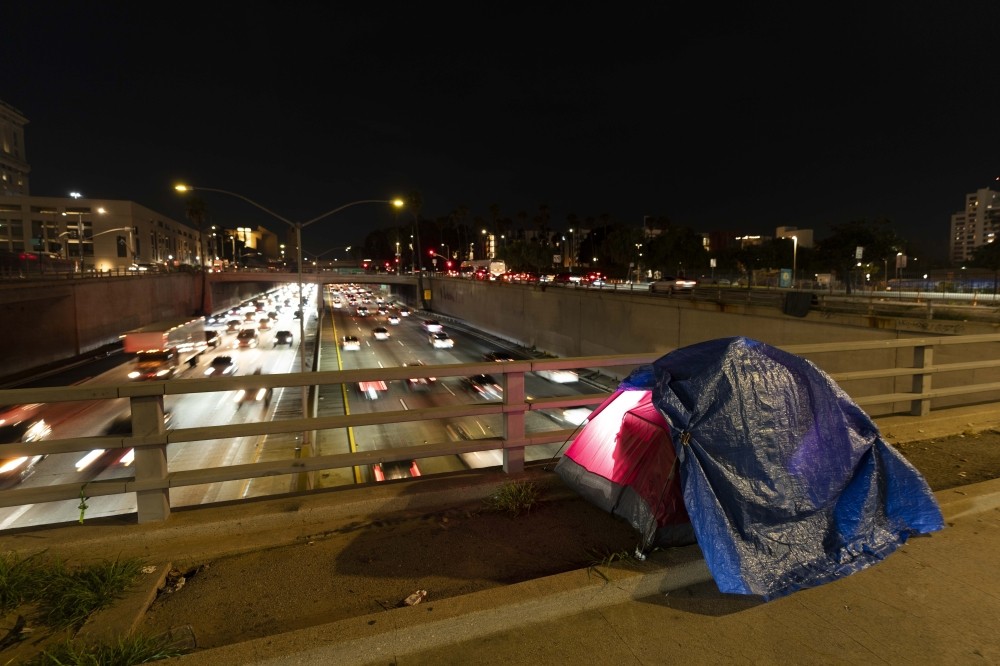29/07/2024
29/07/2024

LOS ANGELES, July 29, (AP): Billions of dollars have been spent on efforts to get homeless people off the streets in California, but outdated computer systems with error-filled data are all too often unable to provide even basic information like where a shelter bed is open on any given night, inefficiencies that can lead to dire consequences.
The problem is especially acute in Los Angeles, where more than 45,000 people - many suffering from serious mental illness, substance addictions or both - live in litter-strewn encampments that have spread into virtually every neighborhood, and where rows of rusting RVs line entire blocks.
Even in the state that is home to Silicon Valley, technology has not kept up with the long-running crisis. In an age when anyone can book a hotel room or rent a car with a few strokes on a mobile phone, no system exists that provides a comprehensive listing of available shelter beds in Los Angeles County, home to more than 1 in 5 unhoused people in the US.
Mark Goldin, chief technology officer for Better Angels United, a nonprofit group, described LA’s technology as "systems that don’t talk to one another, lack of accurate data, nobody on the same page about what’s real and isn’t real.”
The systems can’t answer "exactly how many people are out there at any given time. Where are they?” he said.
The ramifications for people living on the streets could mean whether someone sleeps another night outside or not, a distinction that can be life-threatening.
"They are not getting the services to the people at the time that those people either need the service, or are mentally ready to accept the services,” said Adam Miller, a tech entrepreneur and CEO of Better Angels.
The problems were evident at a filthy encampment in the city’s Silver Lake neighborhood, where Sara Reyes, executive director of SELAH Neighborhood Homeless Coalition, led volunteers distributing water, socks and food to homeless people, including one who appeared unconscious.
She gave out postcards with the address of a nearby church where the coalition provides hot food and services. A small dog bolted out of a tent, frantically barking, while a disheveled man wearing a jacket on a blistering hot day shuffled by a stained mattress.
At the end of the visit Reyes began typing notes into her mobile phone, which would later be retyped into a coalition spreadsheet and eventually copied again into a federal database.
"Anytime you move it from one medium to another, you can have data loss. We know we are not always getting the full picture,” Reyes said. The "victims are the people the system is supposed to serve.”


